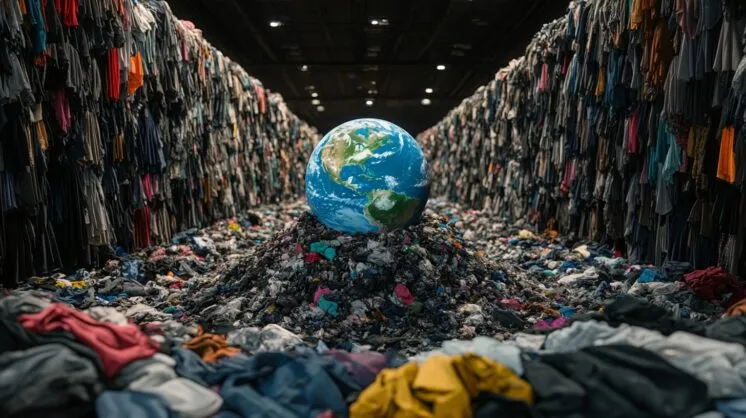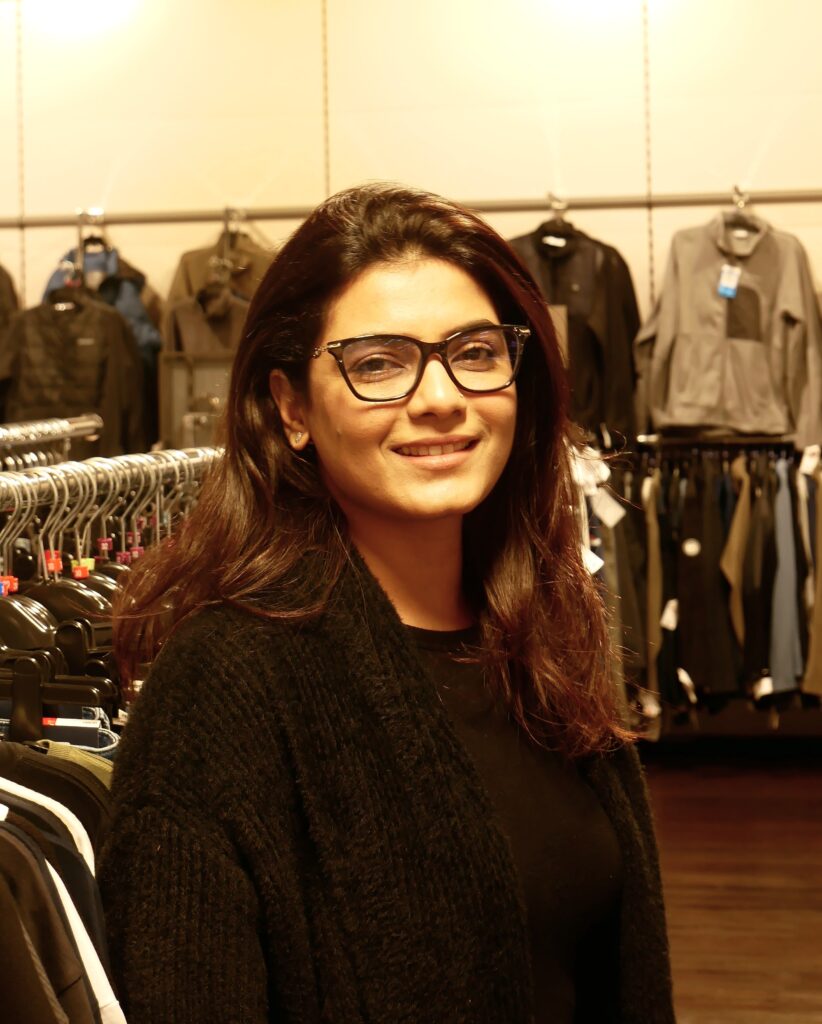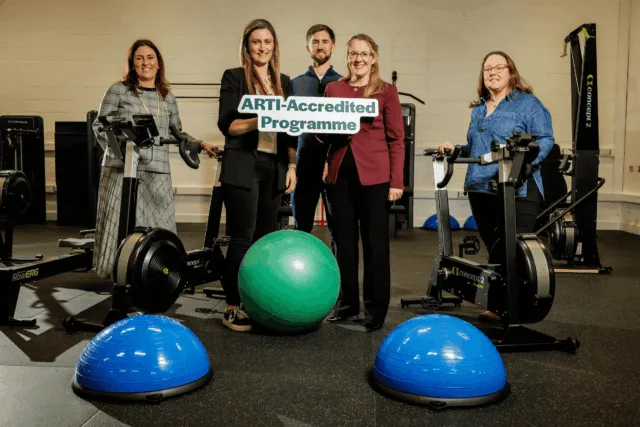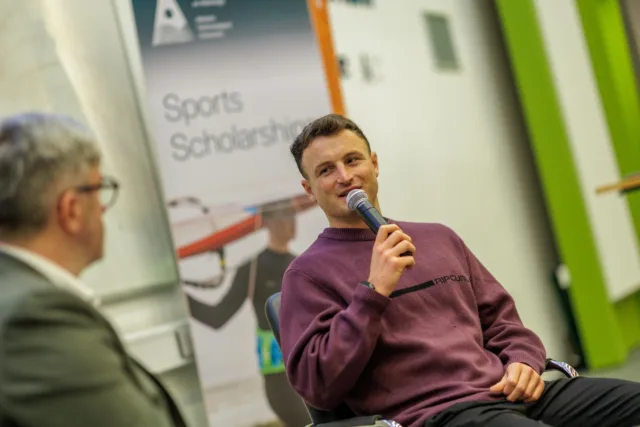We buy clothes, but at what cost? How influencers could shape our future
ATU researcher explores how social media influencers shape our fashion choices — and how the next generation can drive change

Today is World Circular Textiles Day, 8 October, a reminder that by 2050, we can create a fashion system that works in circles, not waste.
By looking at how social media influencers impact our purchasing habits, PhD researcher at Atlantic Technological University, Madiha Rubeel, is investigating if fashion influencers can drive meaningful change.
Right now, fashion is one of the most wasteful industries.
Globally, less than 1% of textiles are recycled into new clothes, while 42,000 tonnes end up in landfill every year (Environmental Protection Agency, 2025). In Ireland alone, we each buy about 53 kilograms of new textiles per year (EY insights, 2025), but most of it is discarded long before it needs to be.
Madiha’s research specifically targets ‘digital natives’, people born between 1997–2012, who grew up with social media and online shopping. This generation is highly active in fashion consumption and possesses significant purchasing decisions are shaped by the content they engage with.
But who pays the price?
“Workers in garment factories, struggling under unsafe conditions and low wages”, says Madiha. “Communities in the Global South, living with textile waste shipped from the West. And of course, our planet, with fashion linked to about 10% of global carbon emissions”.
Excessive consumption has created a throwaway culture, with labour exploitation, harmful materials, and environmental damage. Reports by the BBC (2024) reveal that workers undertake 75-hour workweeks with minimal pay for fast fashion retailer, Shein.
Madiha sets out to explore how young people trust influencers more than traditional adverts, because of their authenticity, relatability, and expertise:
When influencers show how to re-wear, swap, or repair clothes, it doesn’t feel like a lecture – it feels inspiring. And that’s what helps close the gap between caring about sustainability and acting on it.

“My work considers how social media influencers can help shift this culture. Young people trust influencers because of their authenticity and relatability. When they promote re-wear, swapping, or repairing clothes, it inspires action, helping close the gap between caring about sustainability and living it” – Madiha Rubeel, PhD Researcher
Through her four-year PhD project titled Harnessing the Power of Digital Influencers for Socially Sustainable Businesses, Madiha is examining how influencer characteristics such as authenticity, trustworthiness, and relatability shape the attitudes and behaviours of young generations.
One Donegal-based social enterprise helping put these ideas into practice is the Circular Dress Collaborative, founded by Sheila Clancy O’Donnell in Letterkenny. Motivated by the growing issue of excessive clothing consumption, Sheila created The Circular Dress Collaborative initiative to show how fashion can be reimagined, not discarded, through resale, repair, and repurposing.

“The biggest challenge I see as CEO of a sustainable fashion social enterprise is the lingering perception that second-hand means second-rate” – Sheila Clancy O’Donnell Founder of Circular Dress Collaborative
“Many people still fear what others will think if their clothes aren’t ‘new,’ instead of recognising the quality, value, sustainability, and sheer coolness in the benefits of resale”, says Sheila. “Changing this mindset requires education and stronger government support, but that support must come from strong, experienced advocates — not as a tick-the-box exercise”.
If we can get this right and truly make pre-loved mainstream, the benefits for people, the planet, and the economy will be profound. – Sheila Clancy O’Donnell Founder of Circular Dress Collaborative.
In support of World Circular Textiles Day, Madiha’s research and local businesses are bringing awareness to ways fashion can work in circles — not waste.
Madiha’s study combines a systematic literature review with survey and experimental methods, including neuromarketing techniques, to investigate how influencer messages on re-wear, swapping, or repairing clothes can inspire action and help close the gap between caring about sustainability and living it.
This PhD project is being carried out under the supervision of Dr Vicky O’ Rourke, Dr Sarah Diffley, Dr Gabriella Gliga and Prof Peter Kawaleck, and is part of the IDEAS Postgraduate Research Training Programme, which is funded under the RISE@ATU scheme.
Contact madiha.rubeel@atu.ie to get in touch about this research.
RISE@ATU is co-funded by the Government of Ireland and the European Union through the ERDF Northern and Western Regional Programme 2021–27.




